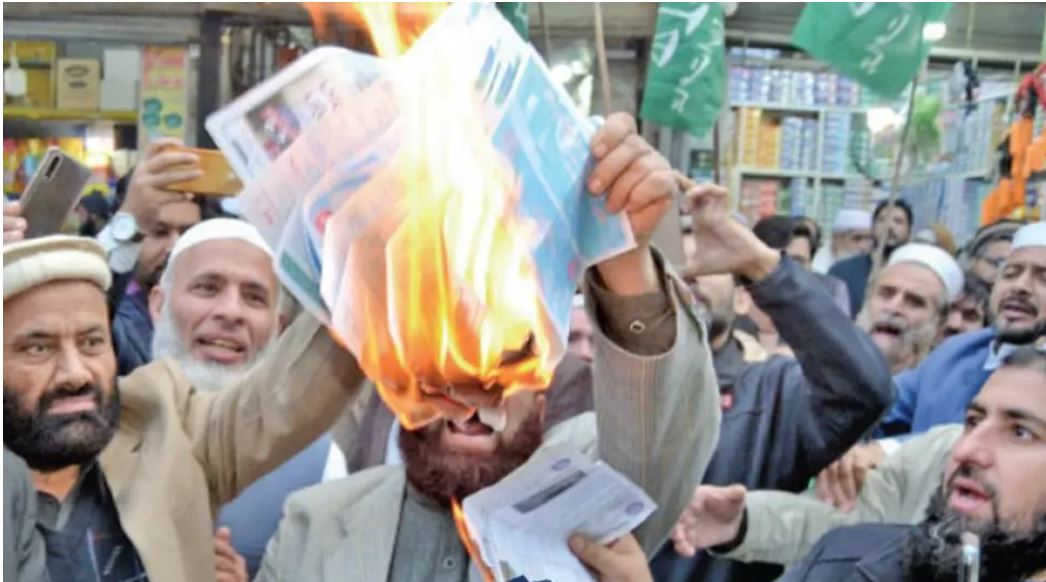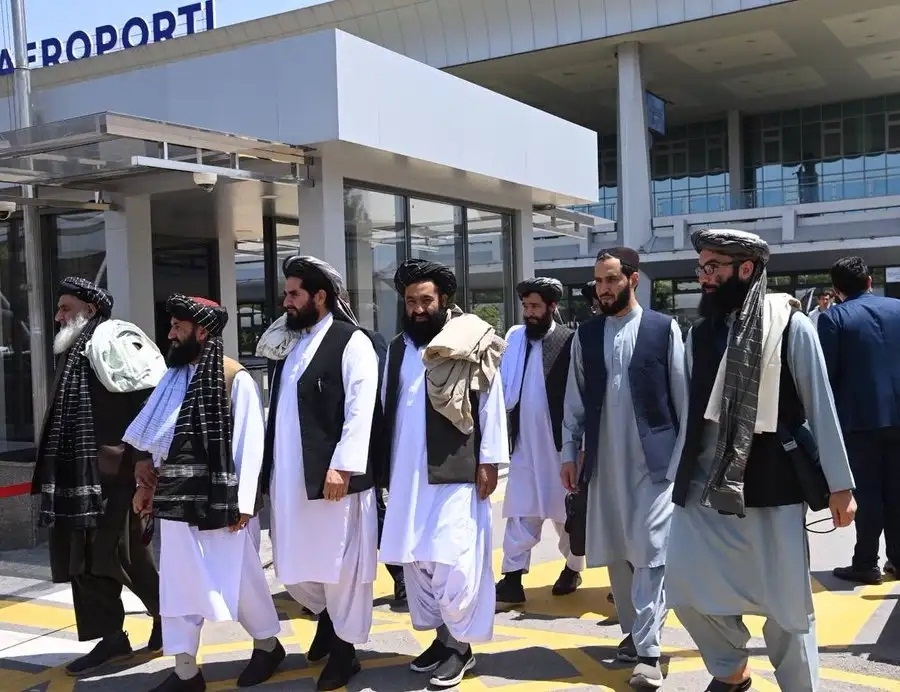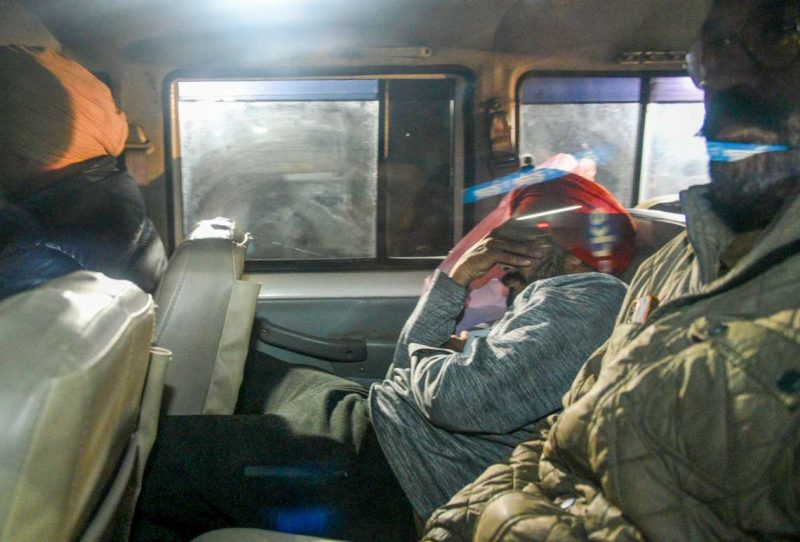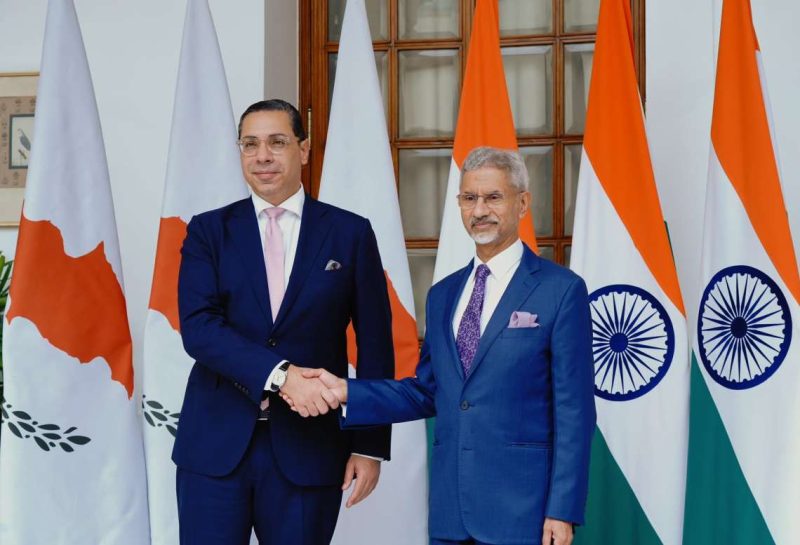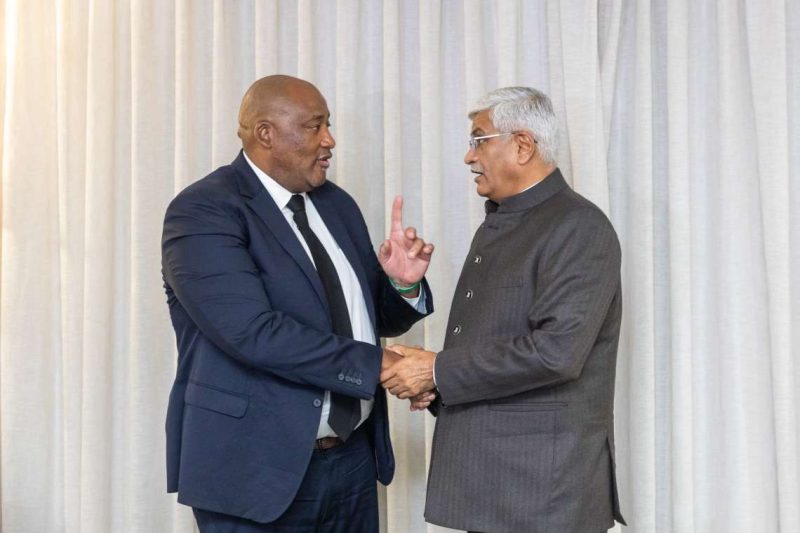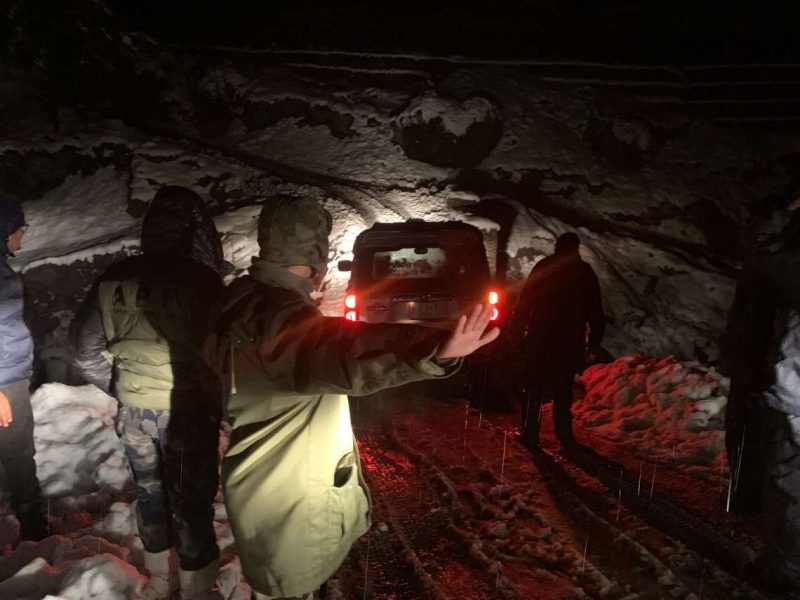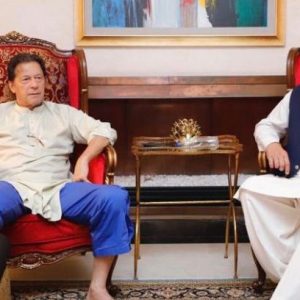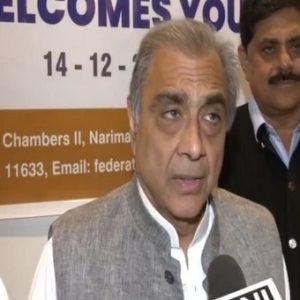PoJK Prime Minister Anwar ul Haq cited security concerns to be the only reason the prior permission clause was put in the ordinance. ..reports Asian Lite News
After days of unrest in Pakistan-occupied Jammu and Kashmir (PoJK), the government on Sunday withdrew a controversial Presidential Ordinance, which mandated prior government permission for public protests.
Sensing growing public resentment amid a shutter-down strike and massive demonstrations, President Barrister Sultan Mahmood announced withdrawal of the ordinance and government officials held formal negotiations, resulting in a written agreement.
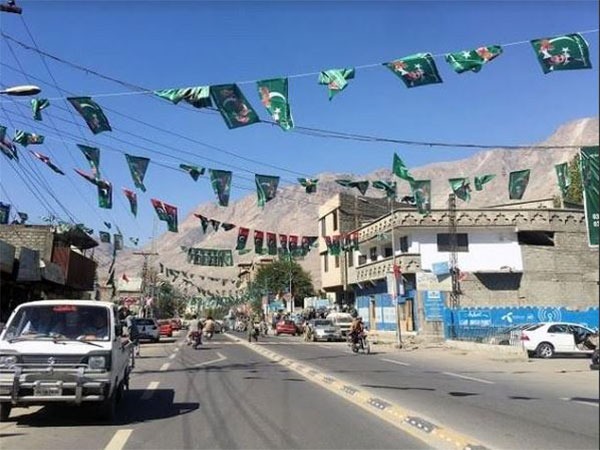
“The public deserves congratulations, which came out to protest and gave an answer to the government and bureaucrats. You have proved that PoJK has its own law and system,” one of the protesters said after the government’s decision.
PoJK Prime Minister Anwar ul Haq cited security concerns to be the only reason the prior permission clause was put in the ordinance. Reports suggest the agreement included a commitment to withdrawing all cases against activists and compensation for victims of the May 13 firing incidents.
Despite the region’s strategic importance, the people of PoJK have long suffered under an oppressive regime, where their rights, basic needs, and aspirations are consistently overlooked. The region of PoJK has increasingly faced concerns over restrictions on freedom of expression, particularly regarding political and social dissent.
In recent years, individuals, media outlets, and political activists who criticise the government or ruling authorities have been subjected to harassment, intimidation, and even legal action. These crackdowns typically involve heightened surveillance, arrests, and censorship of media that challenge the government’s stance on key issues such as governance, human rights, and the political status of the region.
Political activists and opposition groups, particularly those advocating for greater autonomy or highlighting human rights violations, often find themselves under significant pressure. Their activities are closely monitored, and they may face legal or extrajudicial repercussions. Furthermore, this suppression extends to curbing the freedom of speech and limiting the activities of civil society organisations, which play a critical role in holding the government accountable. (ANI)


